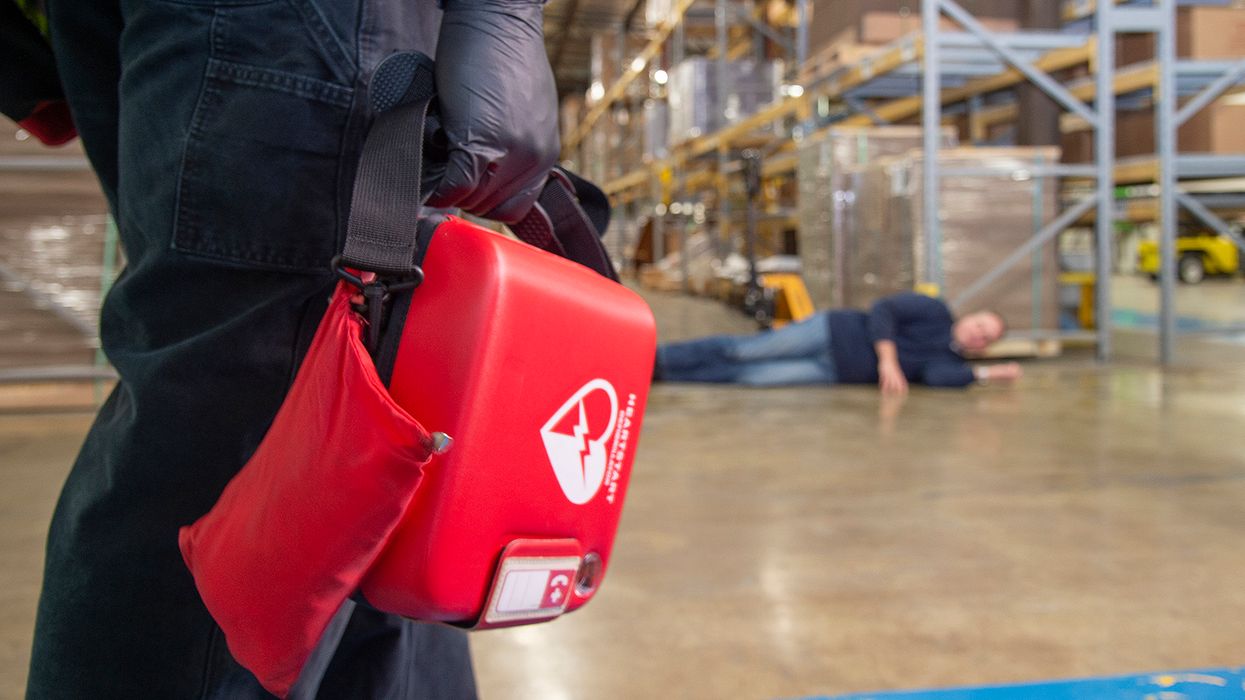Do employees working outside the U.S. have FMLA rights?
Some employees work remotely … very remotely, like outside the borders of the U.S. Whether these employees have rights under the federal Family and Medical Leave Act (FMLA) will depend upon the specifics, including how long they will be gone and why they are there.
The FMLA applies only to employees who are employed within any state of the U.S. or any U.S. territory. Therefore, employees who “are employed” in any country other than the U.S. are not entitled to FMLA leave.
Leave to care for a family member in another country
Employees who travel from the U.S. to care for a family member in another country do not lose their FMLA rights. In fact, employers must accept certifications from doctors in other countries.
Therefore, if Joe Employee requests FMLA leave to be with his father, who has a serious health condition, and who lives in Quebec, Joe he would keep his FMLA rights during the time spent in Canada.
Joe is still employed in the U.S. and gets work assignments from leadership in the U.S., therefore FMLA rights stay intact.
Employees assigned to work in other countries
Employees who are assigned to work outside the U.S., on the other hand, might not have FMLA rights.
If, for example, a global company has a location in Stockholm, Sweden with about 80 employees, and Joe Employee has been assigned to work there for several years, Joe wouldn’t be entitled to FMLA leave since he reports to and receives work from leadership in Sweden (not the U.S.).
Even if Joe had a house in Beverly Hills, he would still be employed in Sweden. Therefore, no FMLA.
Short-term assignments abroad
Sometimes, employees are assigned to work in another country for a brief time. If they still report back to the U.S., are not reassigned to the foreign location, and receive their work from the U.S. they would have FMLA rights.
If, for example, Joe Employee normally works out of the company’s Columbus, Ohio office, but is sent to the Stockholm office for five weeks on a project. While away, Joe reports back to the Columbus office about the project and continues to receive work and pay from Columbus versus being reassigned to Stockholm. In this situation, Joe’s FMLA rights would remain intact.
Were Joe to suffer a serious injury while in Stockholm, he could take FMLA leave, since his employment is based in the U.S.
Key to remember: Whether employees who are working outside the U.S. are entitled to FMLA leave will depend upon where they are assigned, the location of the source of their work, and the location to where they report.




















































